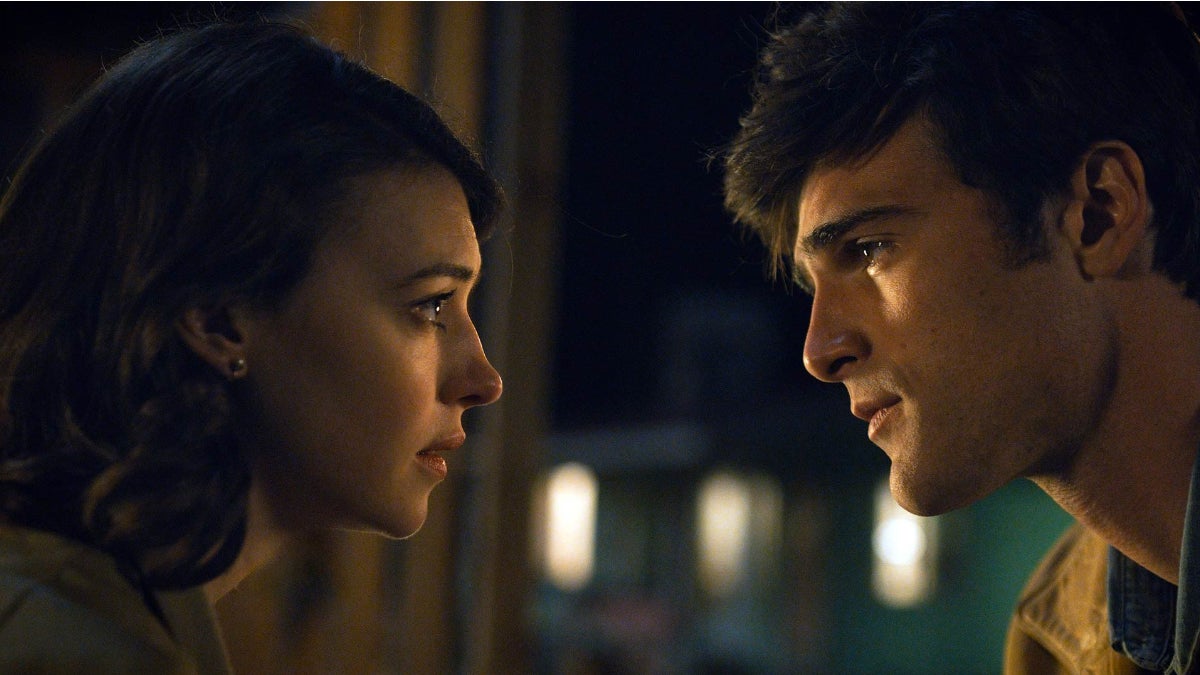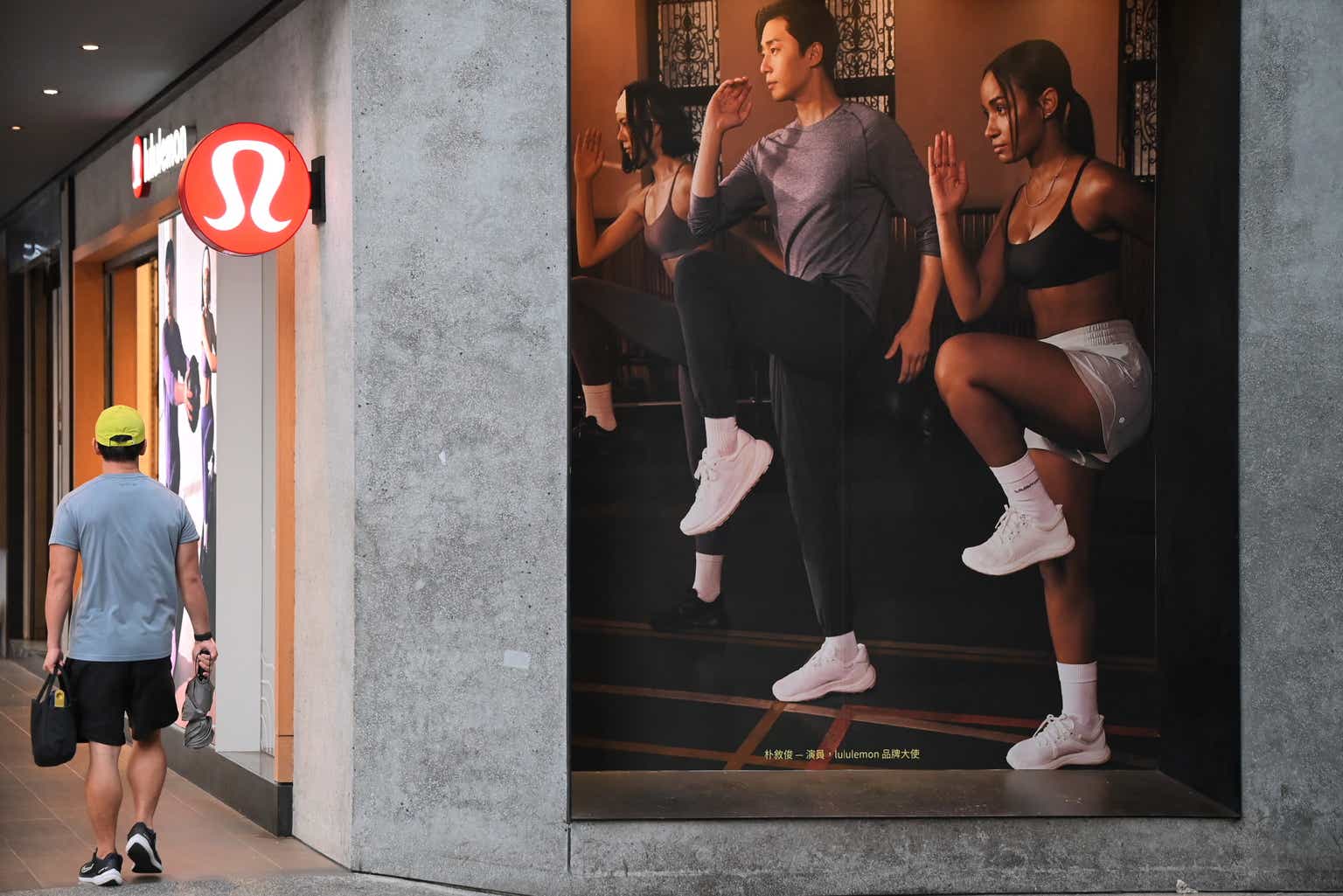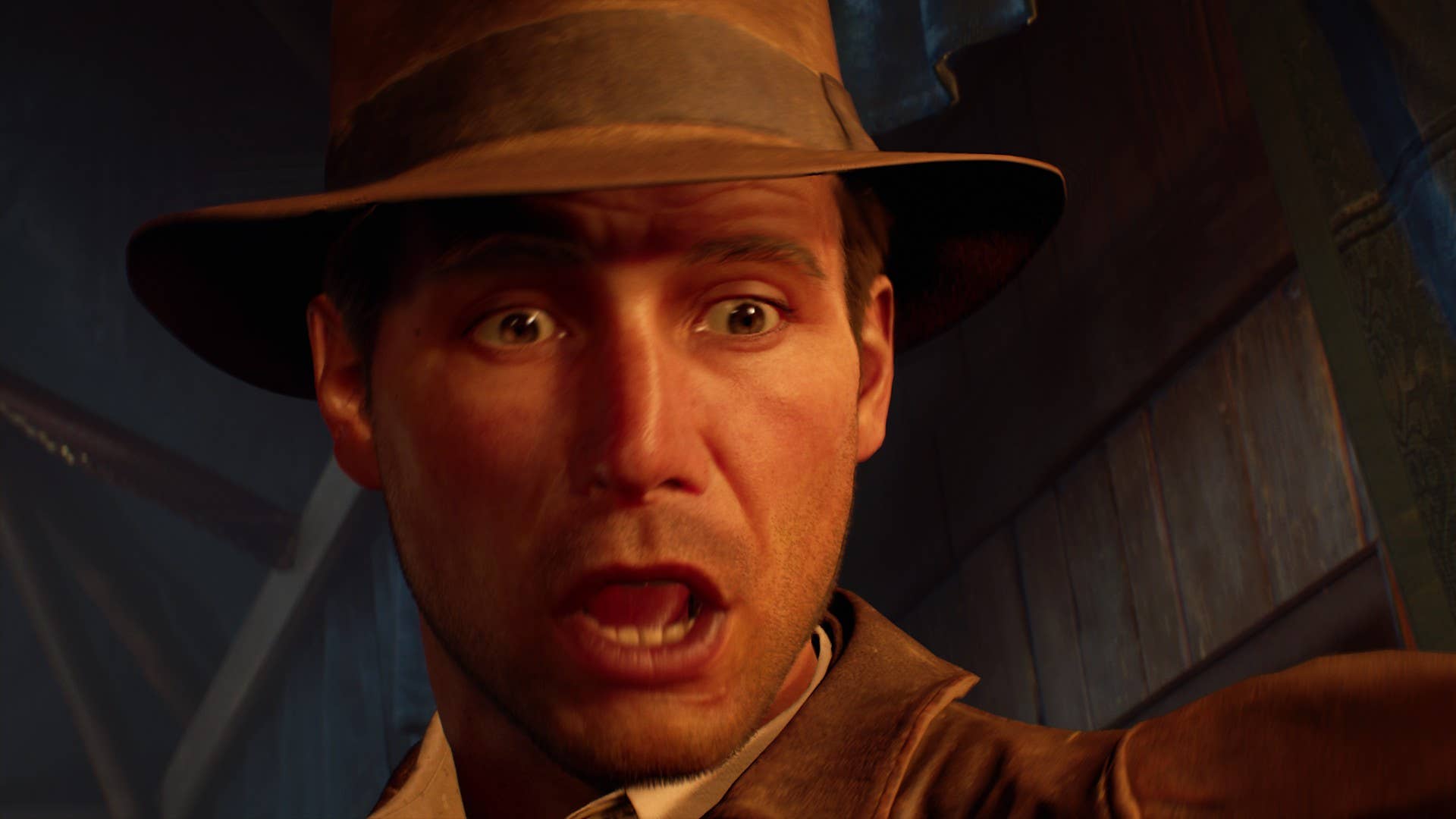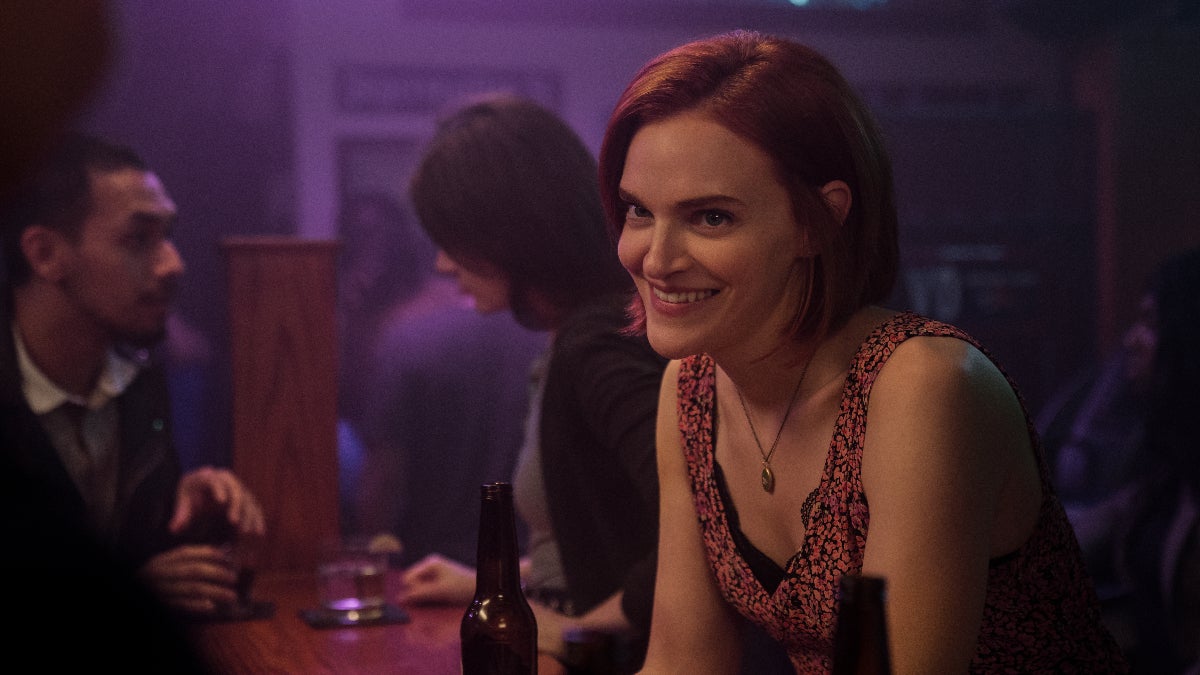‘On Swift Horses’ Review: Daisy Edgar-Jones and Jacob Elordi Are Sexy, Queer Gamblers in Gentle 1950s Drama
The 1950s were awful, but this movie isn't The post ‘On Swift Horses’ Review: Daisy Edgar-Jones and Jacob Elordi Are Sexy, Queer Gamblers in Gentle 1950s Drama appeared first on TheWrap.

I blame “Ozzie and Harriet.” The 1950s are often treated like a halcyon era for American culture, when all the cars were colorful land yachts, all the steaks were the size of a human head and four out of five doctors said smoking was good for you. Yup, the TV claimed that everything was just ducky in the United States in the 1950s. Unless of course you were a woman. Or if you weren’t white. Or if you were queer in literally any way.
Daniel Minahan takes us back to the decade of quiet desperation with his adaptation of “On Swift Horses,” a 2019 novel by Shannon Pufahl. The film stars Daisy Edgar-Jones as Muriel, whose Korean War veteran boyfriend Lee (Will Poulter) has asked her to marry him many times. Which, as we all know, is in no way a red flag and just means you have to ask more often. Insert eye-roll emoji and … we’re done with that sentence.
When Lee’s ne’er-do-well brother Julius bounds into town, played by Jacob Elordi and looking like the concept of sex was vacationing as a human man, you might think we were heading into love triangle territory. Certainly Muriel gets along better with Julius than her own beau. He even teaches her how to gamble. But instead they go their separate ways, Muriel marries Lee, and we quickly learn that Julius is gay. Muriel is also gay but she hasn’t figured it out yet. She will when she meets her new neighbor Sandra (Sasha Calle), but even then the concept of queerness is alien to her because, again, it was the 1950s and repression was the norm.
Not just repression, but institutionalized oppression. Muriel’s introduction to the gay scene in “On Swift Horses” comes with extreme threat, as bars are raided by police and outed homosexuals are publicly mocked for ending their own lives. Julius and Muriel, though they send most of the film physically apart, are united in their shared yearning to live their damn lives, but in this particular era that’s a risky proposition. The story amplifies this aura of all-or-nothing chance by making Julius a professional gambler, and giving Muriel a sliver of independence as she successfully side-hustles at a race track, earning money she doesn’t say a word about to Lee.
Minahan and cinematographer Luc Montpellier (“Women Talking”) film “On Swift Horses” as seductively as they dare, reserving the physical and emotional desire for private moments. Those moments when Julius and Muriel are truly free are liberating, and exceptionally sexy. It’s tricky to romanticize those moments without accidentally romanticizing the whole era, since Americans have that weird fetish for 1950s iconography already, but they thread the needle.
Edgar-Jones does a fine job building a place for herself in a world that does not want her, but Elordi captivates like no other. His is a weary beauty. He knows he’s attractive because people keep wanting to have sex with him, and he’ll do it if the money is right, but you can see in his hangdog face that he’d like to be done with it. When he meets a fellow gambler, Henry (Diego Calva), and they begin an impassioned love affair — and an ill-advised cheating scheme — he looks happy and free. That Julius’ joy peaks mid-film should hint at how far he could possibly fall.
“On Swift Horses” isn’t as impeccably detailed as a film like “Carol,” but it isn’t nearly as icy either. Minahan has made a film about embracing life when you’re not legally allowed to, and he refuses to make watching it a misery, no matter how rough it gets. This isn’t going to end in a bloodbath, thank god, and whether it ends happily is always in question.
But although Minahan overplays the metaphor towards the end — I hate to break this to you, but sometimes a horse is just a horse (of course, of course) — he brings “On Swift Horses” to a satisfying conclusion. The movie’s point is made, the characters have been through something meaningful, everyone looked damn sexy and the audience hopefully remembers (if they needed a reminder) that oppressing queer people and women completely sucks and we should never, ever go back to that.
The post ‘On Swift Horses’ Review: Daisy Edgar-Jones and Jacob Elordi Are Sexy, Queer Gamblers in Gentle 1950s Drama appeared first on TheWrap.










































































